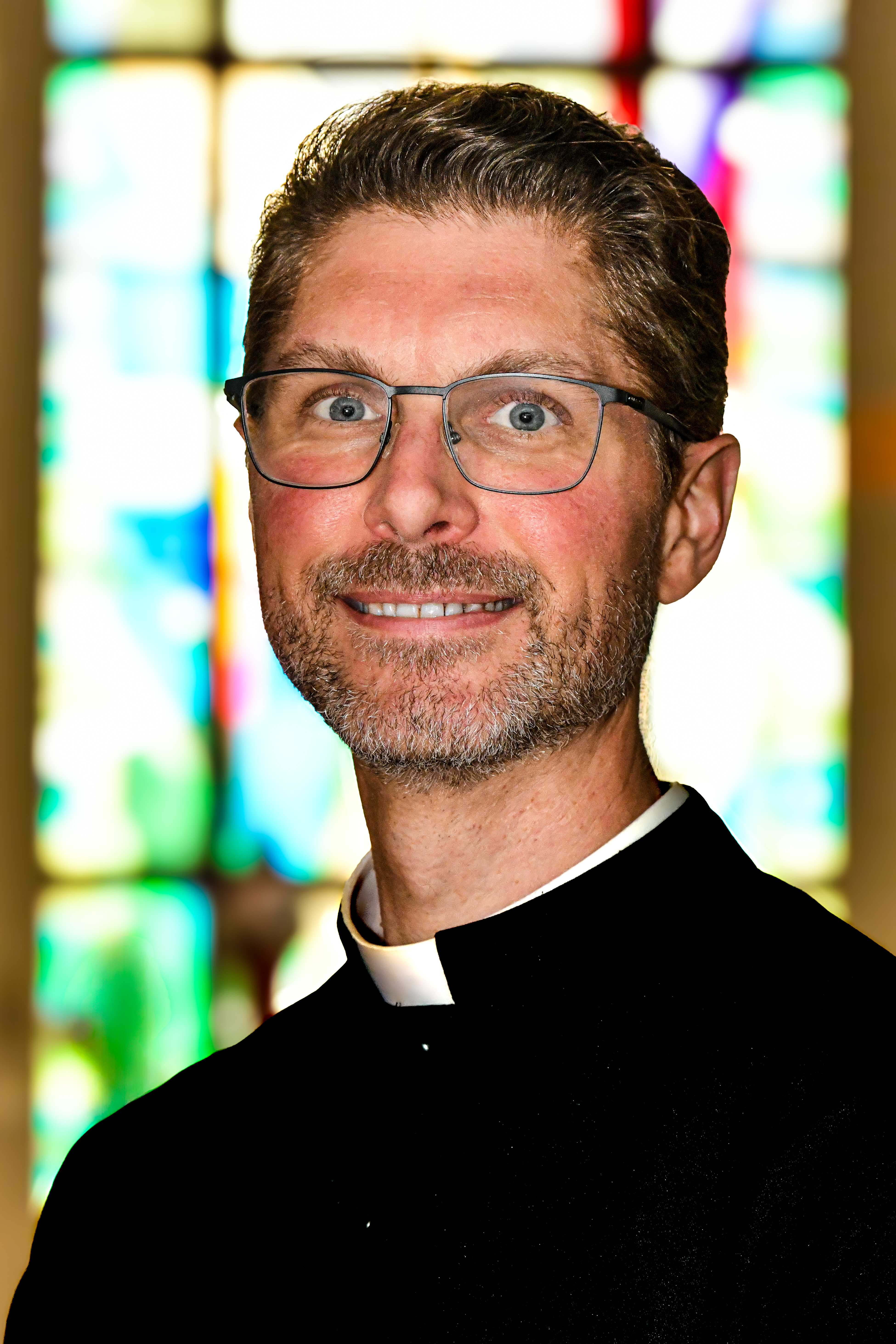Dear Parish Family:
Over the summer, Father Clawson offered us some catechesis (“teachings”) on reception of Holy Communion. We thought writing some catechetical articles during this three-year National Eucharistic Revival would be helpful on topics regarding the Mass and Blessed Sacrament (Eucharist). A renewal of our minds through reflection and study of Church teaching on the Eucharist can be a great way to rediscover a new heart for both the Mass and the Eucharist.
This weekend and next, I want to write about “Progressive Solemnity,” a term many of us are probably unfamiliar with. Still, I think understanding it will help you better grasp the liturgical upgrades, especially on Sundays, we have instituted here.
When it comes to celebrating the Mass, there is a hierarchy of celebrations for the liturgy depending on the day. NOT every celebration of the Mass is equal. The higher the celebration, the greater solemnity there is meant to be. Here's the order of celebrations we find in our liturgical calendar:
Ferial days: These are the lowest celebrations. The name comes from the Latin “feria,” which means “free.” So, they are “free days” where any votive Mass or Ordinary Day Mass can be celebrated. These are what you might consider no thrills weekday Masses. They usually have one reading followed by the Gospel. There is no Gloria or Creed.
Optional memorial: These are “memorials” for saints who are part of the universal liturgical calendar, but their celebrations are not considered necessary. A priest may choose it or another votive Mass to celebrate in their place, treating it like a Ferial Day.
Obligatory memorial: The Universal Church sees these days as important enough to require the celebration of that saint. There are special prayers, prefaces, etc. They may not be substituted and often have optional readings to use.
** Both optional and obligatory memorials usually mark the anniversary of the death of a saint. Like Ferial days, both have only one reading, followed by the Gospel without Gloria or Creed. The color of the vestments and antependium (decorative clothes that hang in front of an altar or ambo) are white for most saints and red for martyrs.
Feasts: These celebrations must also be celebrated. They commemorate important events in the life of Jesus or people closely linked to Jesus, Mary, or the Apostles. They will only have one reading followed by the Gospel, including a Gloria. The Creed is not said. The vestments and antependium are white or red, as mentioned above.
Solemnities: These are the highest celebrations of Mass in the Church. The two most important are Christmas and Easter, but every Sunday and Holy Day of Obligation is a solemnity meant to be carried out with the highest integrity. Celebrations include the Gloria, the Creed, and two readings followed by the Gospel. The color of the vestments and antependium is determined by the liturgical season.
Next week, I will discuss the liturgical practices that can elevate these celebrations outlined in the General Instruction of the Roman Missal (GIRM), which tells us how to celebrate Mass. To close today, I propose a reflection question: Is every Sunday a Solemnity for you when you come to Mass? How can you make it feel more like that?
Consider a few ideas: Read the Mass readings together as a family before Mass; wear your “Sunday best” to honor the Lord; arrive 20-30 minutes early to pray a rosary or recollect yourself; recite an “After Communion Prayer” like the one Father Clawson shared with us; and/or consider re-arranging your weekend schedule so that Mass is the most important thing you do rather than one more thing to fit into an already busy schedule.
These are just a couple of ideas that others have tried and found fruitful for making Sunday feel more like a Solemnity than any other day of the week.
In 1998, Pope St. John Paul II wrote an excellent apostolic letter called Dies Domini (“The Day of the Lord”). He spoke about the need for us to ensure Sunday is genuinely felt and experienced as the day of resurrection (every week!), especially by attending Mass. He thought this was pivotal to living the Christian life.
Our Eucharistic Revival is meant to bring about renewal in our lives, which often means changing habits and outlooks even when difficult. The first step is always trusting God wants something better for us! And He does, so He does not leave us where we are but constantly invites us to grow closer to Him. Let’s permit God to do that as we reflect today on how special Sundays are to our Christian living and see what He does in our hearts.
In Jesus, through Mary and St. Joseph,
Father Danda

